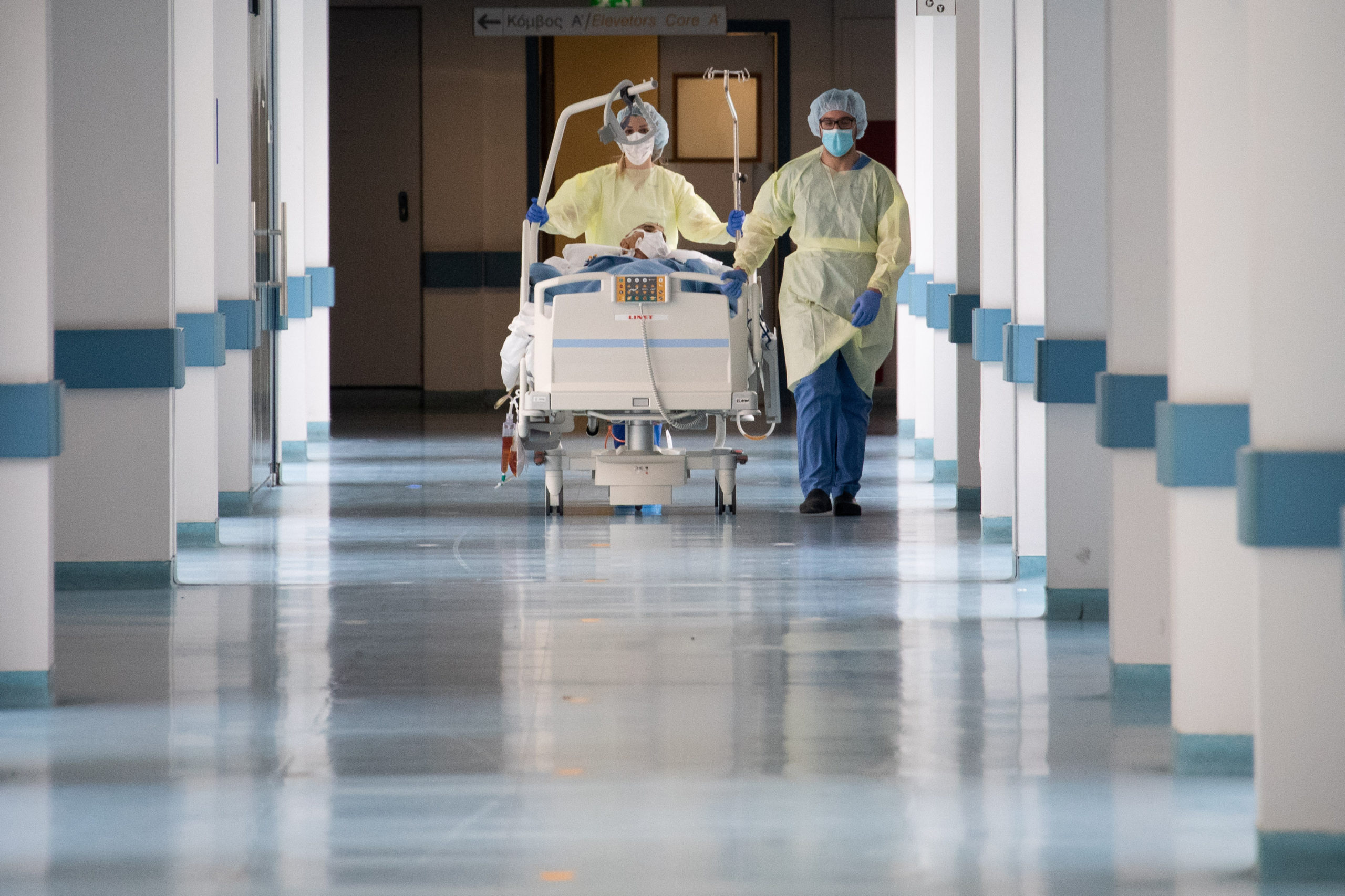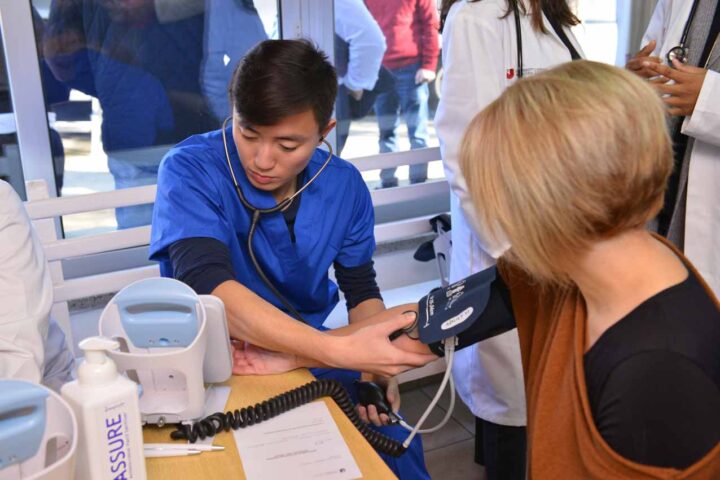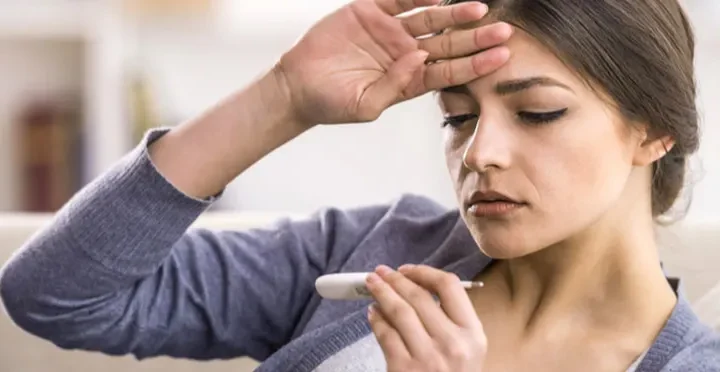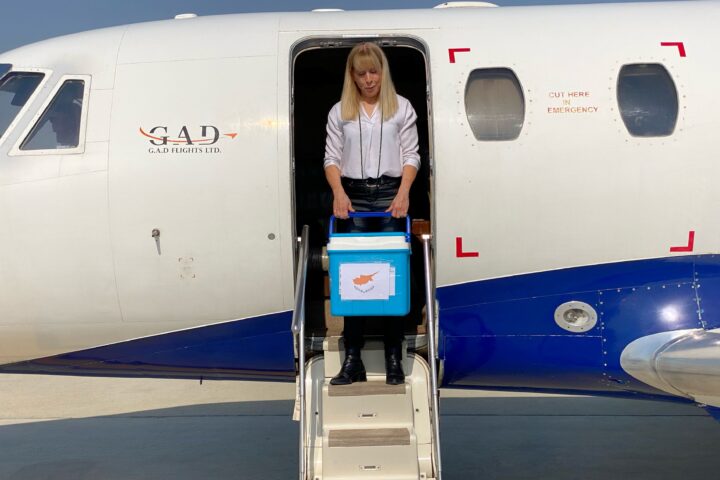The Federation of Patients’ Associations (OSAK) is angered at reports of patients being mistreated at state hospitals, including being tied to their beds.
Families complained that they found their loved ones tied to their beds while COVID measures were ignored entirely.
OSAK’s secretary Charalampos Papadopoulos told Phileleftheros daily: “Over the past 15 days, the associations and relatives of patients have brought serious complaints before OKYPY, the state health services organisation”.
Papadopoulos said the bulk of complaints centred on elderly patients being tied to their beds under the pretext that they constituted a danger to themselves.
“Last week, the organisation had been informed by relatives of elderly patients in a pathology ward being tied to their beds.
“We investigated and confirmed the claim to be true.
“Although we cannot give more details at present, we can say that it did not just a single patient,” Papadopoulos said.
He said they also received complaints from relatives who contracted COVID due to lax enforcement of regulations in wards.
Papadopoulos referred to a specific complaint which involved an older woman who contracted COVID from relatives of a patient with whom she had shared a room.
“The patient’s relatives had entered the room without wearing face masks.”
According to the complaint, visitors were permitted to enter the room on two consecutive days and stay for over an hour and a half without wearing face masks.
“Three days later, the woman’s daughter was informed that she could not visit her, as she had caught COVID.
“These are attitudes and practices that will eventually break public hospitals,” Papadopoulos said.
“Confining a patient to their bed is a decision that should require a psychiatric evaluation.
“Just because a patient is anxious or does not conform to instructions, this does not mean they should be tied up, especially when it involves elderly patients at risk of developing bedsores.
“The argument that nursing staff are understaffed and requires certain practices for them to cope is unacceptable”.
Papadopoulos called on OKYPY to assume its responsibilities, arguing that although such practices may not be widely representative of staff attitudes, they do exist.
“Those who cannot serve their role as a nurse, doctor, or healthcare professional should not be in a hospital.
“Unfortunately, these kinds of complaints, in most cases, end up nowhere, but this cannot continue”.










